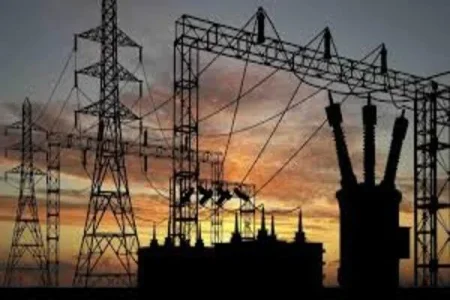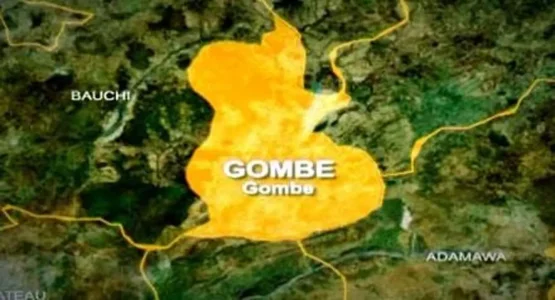
The electricity crisis in 17 northern Nigerian states has left residents frustrated, relying on alternative charging solutions as the national grid fails. With 108 collapses since privatization, essential services suffer, businesses struggle, and residents urge immediate government action for reliable power supply.
The ongoing electricity crisis in 17 of the 19 northern states of Nigeria has left residents frustrated and desperate. Many have resorted to alternative means to charge their phones, laptops, and other essential electronic devices as the national grid continues to fail. Reports indicate that since the privatization of the power sector, Nigeria has recorded 108 collapses of the national grid, significantly impacting daily life and economic activities.
In regions once known for their vibrant commercial and industrial activities, the persistent power outages have disrupted everything from media houses to hospitals and schools. In the last two weeks, only Niger and Kwara states have maintained regular electricity supply, while states like Kaduna, Kano, Gombe, and Katsina have suffered severe outages. Residents in these areas have reported going without power for days, creating a ripple effect that impacts all aspects of life.
In Kaduna, for instance, students like Vennisa, a sophomore at Kaduna State University, have been forced to seek charging services at local eateries and banks, where fees range from N100 to N200. "It's affecting our studies," she lamented, underscoring the urgency of the situation. Housewife Gladys Akpor expressed her frustration over lost groceries due to spoiled food in her refrigerator, having been without power since the previous week.
Local churches have also stepped up, providing charging stations for their members. Pastor Johnson Adebayo noted, “We understand the importance of staying connected in this digital age.” However, businesses are not faring any better. Point of Sales operators and vendors, like Hassan Mohammed, have reported a significant drop in customers due to their inability to recharge devices, leading to economic strain.
Media operations in the region have been particularly hard hit, with journalists relying on bars and restaurants as makeshift workspaces. Many have sought refuge at the Command Guest House in Kaduna to charge their devices. "Without power, we can't meet deadlines," said journalist Abdullahi Yusuf.
The Kaduna Electricity Distribution Company attributed the outages to vandalism of key infrastructure, specifically the towers of the Transmission Company of Nigeria (TCN). Abdulazeez Abdullahi, the company’s corporate communication head, explained that the vandalized towers disrupted power transmission across several lines, leaving many areas in darkness. "We apologize for the inconvenience and urge customers to report any suspicious activity around power infrastructure," he added.
While states like Niger and Kwara continue to enjoy consistent power, the disparity raises questions about the effectiveness of the national grid. Energy expert Dr. Yusuf Ibrahim criticized the situation, emphasizing that it is unacceptable for some areas to have stable supply while others suffer.
In Katsina State, residents are expressing growing concerns over the prolonged power outage. Many have not seen power for more than ten days, leading to jokes that mask deeper frustrations. One resident quipped, “A power bank is more useful than a girlfriend at times like this,” highlighting the desperate humor surrounding the situation.
Amid this turmoil, residents are urging President Bola Tinubu to take immediate action. "We can't continue like this. Reliable electricity is essential for our lives and businesses," a resident pleaded, echoing the sentiments of many.
In the Benue State capital, Makurdi, residents have experienced a mixed bag regarding power supply, with some areas still suffering from outages due to faulty transformers. The situation has left businesses struggling, with many owners resorting to seeking charging services from neighboring communities.
The state government is aware of the challenges and is working with the Jos Electricity Distribution Company to expedite repairs. "We understand the impact of these blackouts and are committed to restoring power as soon as possible," a government official stated.
Overall, the electricity crisis has become a defining issue for many in Northern Nigeria, as residents continue to navigate the challenges brought on by unreliable power supply. The hope for improvement remains a collective plea from those affected, who desire a swift resolution to restore normalcy in their lives.




